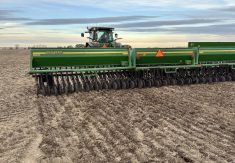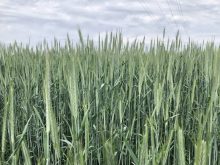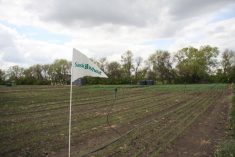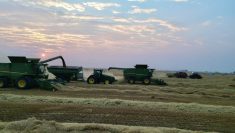When a rep approaches you to be involved in a company trial, it’s typically because they see you as having good practices that will help provide strong trial data at the end of the season.
Company trials can be a great opportunity for you to “test drive” pre-commercial varieties or products, and get a clean look at how they will perform in your soil type and geography.
But if not given the proper care and attention, company trials can become a frustrating experience for everyone involved — especially if you haven’t sat down with your rep and set expectations.
Read Also
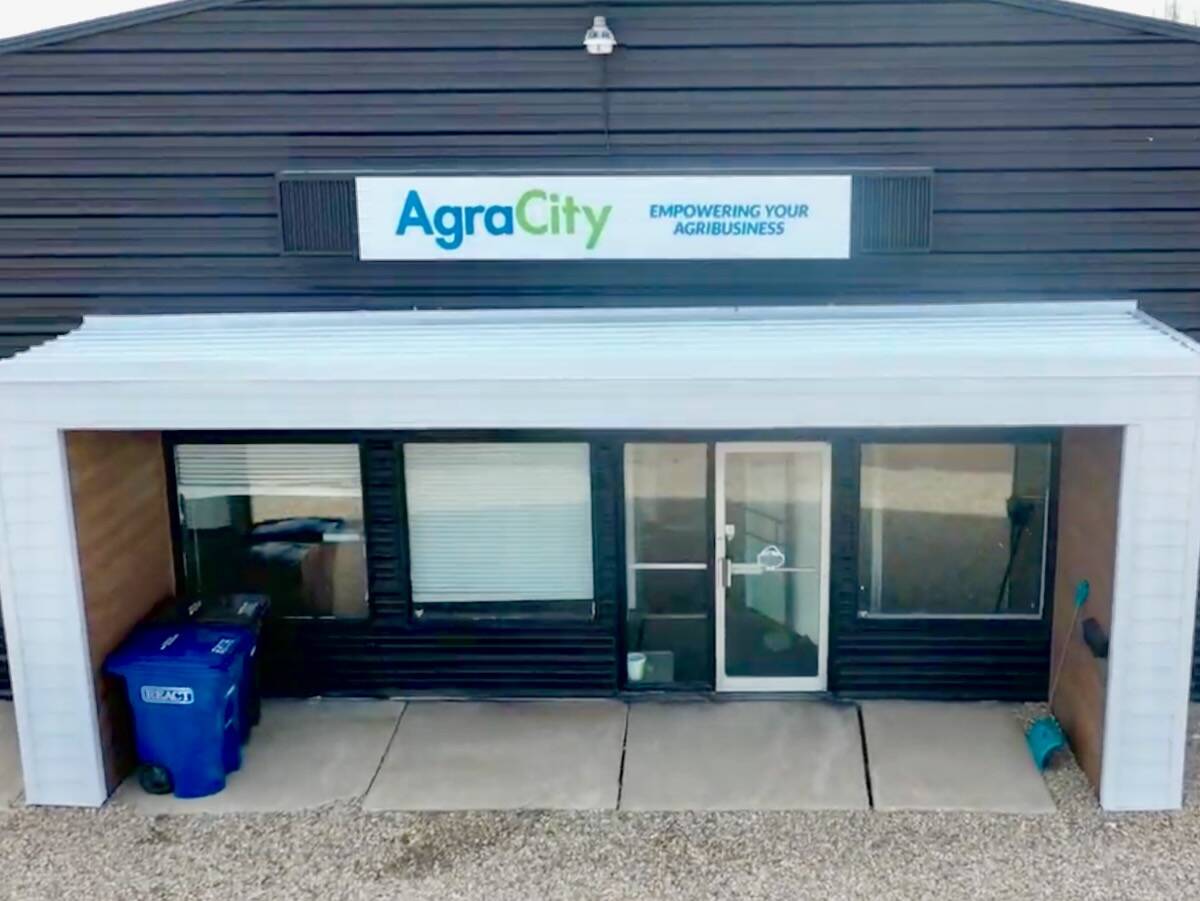
AgraCity’s farmer customers still seek compensation
Prairie farmers owed product by AgraCity are now sharing their experiences with the crop input provider as they await some sort of resolution to the company’s woes.
One of the most important things you can do is ask questions and work up a clear set of plans, and end-goals for the trial. For example, if you’re working with a new seed variety, is the company looking for raw yield data, or a side-by-side comparison with other varieties?
Another thing that can ruin many trials is when they’re placed out-of-sight and out-of-mind on a back corner of a field.
Instead, establish how much work needs to be done with the trial plot — e.g., applying different rate, or how much access the company would need. Then, set up the trial close to your home quarter so that it’s accessible, visible and easy to maintain throughout the season.
Tylor Hunt is an agronomic service representative with Syngenta Canada.


